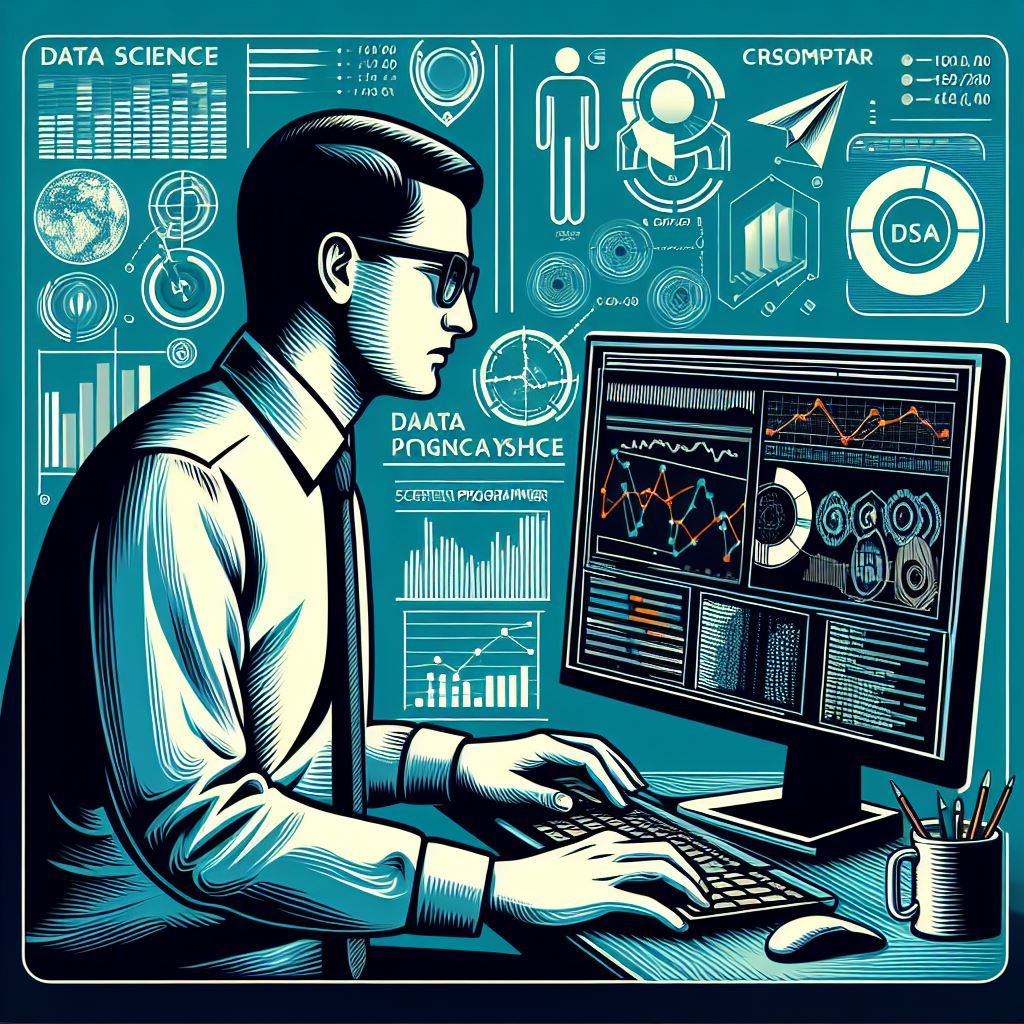Home automation is transforming the way we live, making our homes more efficient, comfortable, and secure. Thanks to advances in Machine Learning (ML) and Artificial Intelligence (AI), smart devices are now smarter than ever. These technologies are integrated into everyday household items, enhancing convenience and enabling more personalized control. In this article, we explore how ML and AI-powered devices are revolutionizing home automation.
What is Home Automation?
Home automation refers to the use of technology to control various household functions such as lighting, heating, cooling, security, and entertainment remotely. Traditionally, these systems were manual, requiring human input for every adjustment. With the integration of AI and ML, home automation systems can now learn from user preferences and behaviors, adapting over time to provide a seamless, hands-free experience.
The Role of Machine Learning in Home Automation
Machine Learning, a subset of AI, plays a crucial role in home automation. ML algorithms analyze data collected from devices, sensors, and user interactions to make predictions and automate actions. For example, a smart thermostat powered by ML can learn your daily routines, adjusting the temperature before you wake up or return home, optimizing comfort and energy consumption.
Another example is lighting systems that use ML to detect motion and learn the patterns of how rooms are used. Over time, the system will automatically adjust the lighting based on these patterns, reducing energy waste and creating a more efficient home environment.
AI-Powered Devices: Smarter Homes for Safer Living
Artificial Intelligence takes home automation to the next level by enabling devices to perform complex tasks that were once impossible. Smart security cameras equipped with AI can detect unusual activities, such as a person entering the house at odd hours, and send alerts to the homeowner’s smartphone. With facial recognition technology, AI can differentiate between familiar faces and strangers, offering advanced security features.
Voice-controlled AI assistants, such as Amazon Alexa and Google Assistant, are commonly used in home automation. These devices use natural language processing (NLP) to understand commands and provide responses in a human-like manner. Over time, they can learn your preferences, providing personalized recommendations and automating tasks like adjusting the thermostat, controlling the lights, or setting reminders.
Energy Efficiency and Sustainability with AI and ML
Energy conservation is a significant advantage of home automation powered by AI and ML. By analyzing consumption patterns, AI can suggest more energy-efficient alternatives, such as turning off appliances that are rarely used or optimizing the timing for running devices like washing machines or dishwashers. This not only reduces utility costs but also minimizes environmental impact.
Additionally, AI-powered systems can optimize heating and cooling by using data from smart sensors to maintain the ideal temperature while minimizing energy consumption. For example, when you leave the house, the AI system automatically adjusts the thermostat, ensuring that energy is not wasted.
The Future of Home Automation
As ML and AI technologies continue to evolve, the future of home automation looks even more promising. Devices will become increasingly intuitive, able to anticipate needs without explicit commands. The integration of AI with IoT (Internet of Things) will create interconnected systems, where devices can communicate with each other, further enhancing convenience and efficiency.
In the future, home automation may extend beyond the home’s physical structure. AI could help create entire smart cities where buildings, roads, and utilities are interconnected, reducing traffic, improving public safety, and enhancing overall quality of life.
Conclusion
Home automation with ML and AI-powered devices is not just a luxury; it’s a step toward smarter, more sustainable living. From energy efficiency to enhanced security and personalized comfort, these technologies offer a glimpse into the future of our homes. As AI and ML continue to improve, we can expect home automation to become even more intelligent, transforming our daily routines and making our lives easier and more convenient.
5
